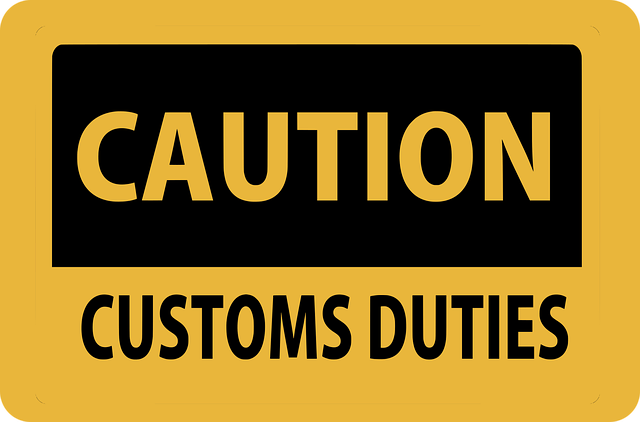So of course all the legacy news channels and social media are talking about President Trump and his tariffs.
What I'm going to post is only my opinion, and is fairly nuanced, be warned !

Image by Gerd Altmann from Pixabay

First Reactions
My first reaction to tariffs is that they are generally a bad thing. I've long believed that if two countries trade with each other enough, it makes the cost of going to war too high, both economically and in terms of personal connections.
I also think that Trump has handled this very clumsily. I can see what he is trying to achieve. Bringing production back to the US after it was so carelessly offshored after the end of the Cold War makes sense, especially in the recent tense international climate.
But I believe he should have found ways to breathe life back into US industry before starting a trade war. I also think that the tariffs should have only applied to finished products; how is this newly reborn US industry going to be competitive if they are having to pay the cost of tariffs on the raw materials they need ?

The Historical Context
If we go back to any government before about 1800 (and most governments before 1900), their income/expenditure model was far simpler than what we have today.
Expenditure was almost exclusively on external security. Welfare was the job of charities, internal security was down to local authorities, and we didn't have a mass of government departments all with thousands of staff and massive budgets.
Income was mostly derived from customs duties (i.e. tariffs) plus a few selective easily-applied domestic taxes, mostly on luxury goods although salt was also a popular favourite.
Indeed, prior to around 1650 in Europe, government expenditure was considered to be personal to the reigning monarch. Which is why Charles I's Ship Tax was a big spark for the English Civil War.
This is the reason why the United States has the IRS (Internal Revenue Service), and the UK until about a decade ago had HM Customs & Excises as a separate entity to the Inland Revenue - now merged as HMRC.

So How Are Tariffs Good ?
If we revert to a world of high tariffs, the first impact is likely to be countries bringing manufacturing back home. This will create jobs, maybe even for some humans, as well as for AI's !
Localised manufacture will also have a significant environmental benefit as long as raw materials can be sourced more locally. After all, we'll no longer have the impact of thousands of container ships carting Chinese plastic things all around the world !
A high tariff world may see less trade, but it might also lead to the breakup of the industrial, technological and financial conglomerates that, in my opinion, hold far too much unaccountable power.
With local regulations diverging to support protectionist agendas (as they are already doing, just look at the shenanigans the French and Germans are up to), the Globalist project may lose steam as it's ideology appears more out of touch and becomes harder to apply. I see all this as a good thing ! Localisation of business and government may be messy and inefficient, but it's also a lot more human.
With less Globalisation, I'd like to think that the size of the state might shrink. To my mind, a Western country like the UK where more than 50% of the workforce are either employed by an inefficient public sector or on welfare is a terrible thing. Once you take the young and pensioners out of the equation, it means that about 25% of the workforce are having to pay enough tax to support everyone else - inevitably requiring government borrowing.
In a high tariff world where the size of the state shrinks a little, we could get back to a situation where customs duties are enough to cover government epxenditure and income taxes (and perhaps even things like VAT and fuel duties) can be reduced or even abolished.

So What Is The Problem ?
The real problem I can see is that what I have just proposed is an idealised situation.
It's inevitable that the greed, incompetence, and desire to protect their little power bases of our politicians and civil servants will mess it up. The transitional process would be complex and messy, and we'd need very forward-thinking and unselfish politicians to manage it in ways that mitigated the impact on ordinary citizens.
Compared to today's world, this new world will seem smaller and more parochial. We'll be back to the seaside for holidays, not jetting off abroad. The produce in shops will be from our own countries and more seasonal. Exotic foreign things will be a high-priced luxury, but relative wages should be higher with less taxation.
More importantly, government will be local, too. A million people protesting in a capital city makes an elected government sit up and take notice. A million people protesting in an EU capital barely warrants an extra cup of coffee to the unelected bureaucrats in Brussels.
So tariffs could be a good thing, but I'm pretty sure our politicians will screw it up for us....
Posted using The BBH Project